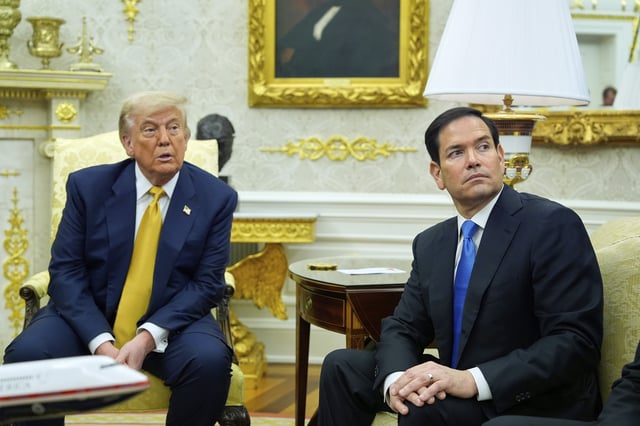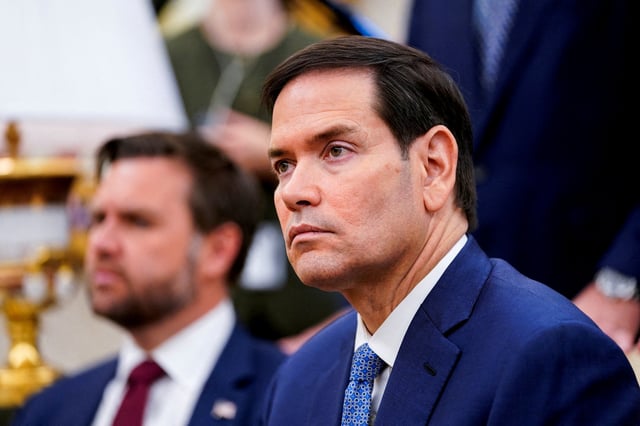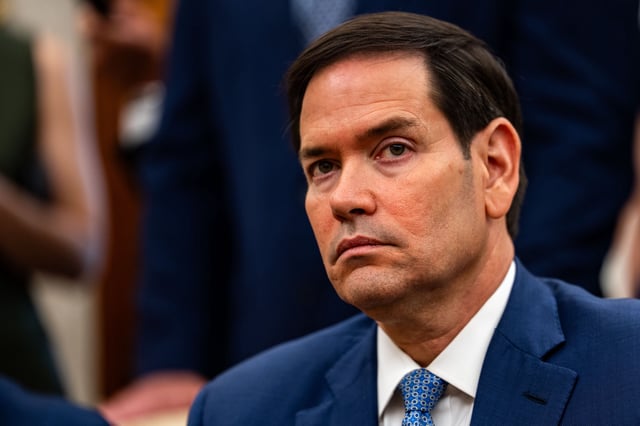Overview
- A July 17 memo aligns election commentary with President Trump’s America First agenda by emphasizing national sovereignty over democracy promotion abroad.
- Diplomats may comment on foreign elections only when a clear and compelling U.S. foreign policy interest is at stake.
- Staff are barred from assessing the fairness, integrity, legitimacy or democratic values of overseas electoral processes without senior-level approval.
- Public statements must be brief and focus solely on congratulating winners and noting shared policy interests.
- Only Secretary of State Marco Rubio or the department spokesperson can issue election statements, with rare denouncements of violence or sham polls requiring explicit senior signoff.


